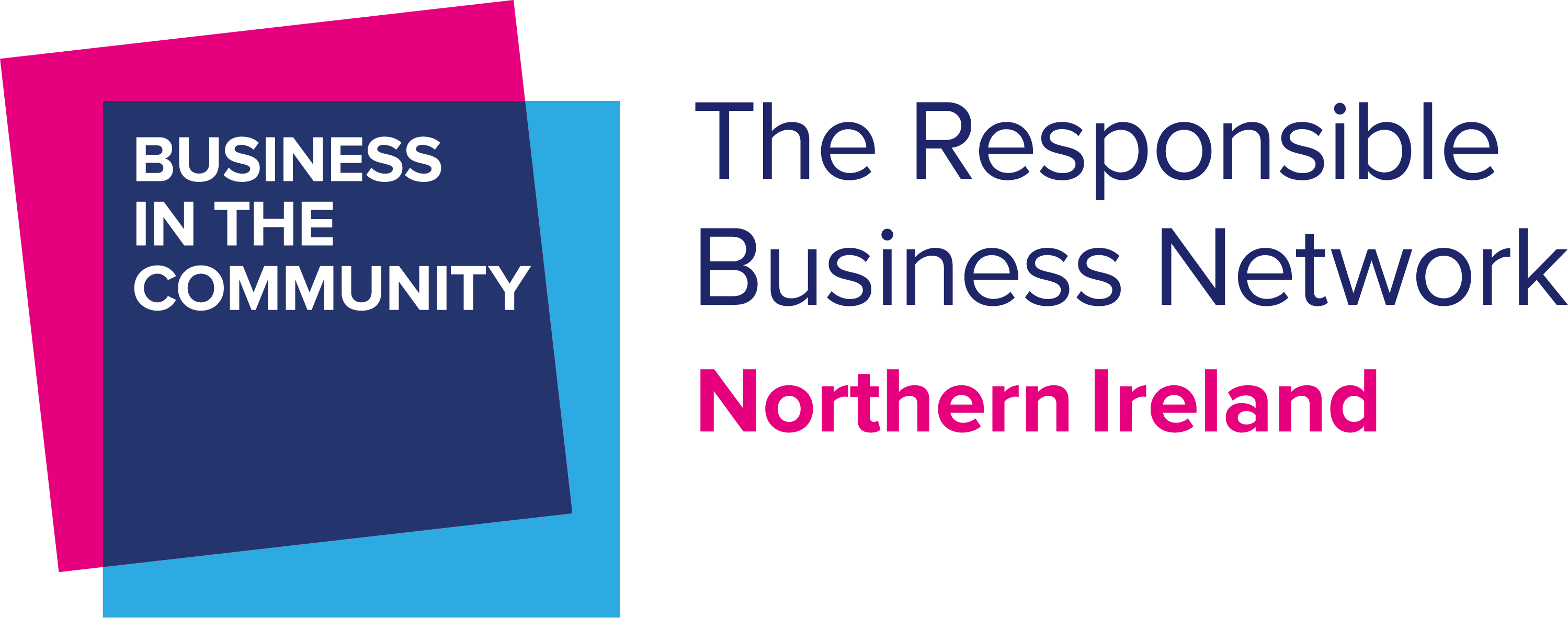Why access to employment is as important as access to the building


Every now and again I come across something that truly inspires me and makes me sit up and challenge myself, or challenge others. If you’re having a day where you think you need that inspiration, I suggest you take five minutes and watch this video.
I had the pleasure of attending the launch of a series of videos on hidden rights produced by the Northern Ireland Human Rights Commission where I was challenged to think about the ways business could best support people who are disabled. It struck me that physical access to services is very important but the right to participate in society, whatever your ability or disability, is even more important.
A member of that community, Rachael McBride from Haptik art space and coffee bar based in Newtownards, puts it very eloquently in the video above. She said, “In order for the community to see you as a normal person you need to live a normal life”.
But, what does normal life look like? Well for the most of us it’s being able to work, having a means of supporting and challenging ourselves, a means of contributing to society in our own way, and a means of socialising with others.
In Northern Ireland, regulations have come a long way in helping to solve access issues to buildings and fair employment opportunities, however, my challenge to business is to go beyond compliance – why not actively ringfence jobs for those with disabilities?
Having spoken to companies about the barriers they face, I would like to help to dispel some of the misconceptions when it comes to employing a disabled person.
What difference will you make by hiring a disabled person?
You are offering a disabled person the opportunity to participate in society, to live a normal life, and to contribute to society.
What are the benefits of hiring a disabled person?
- Loyalty and productivity – Disabled employees are no less productive than able-bodied employees. They will know only too well the many hurdles they must overcome to gain employment, and when given an accessible work environment they will show unrivalled loyalty, display high levels of engagement and often have above average motivation because they compensate their deficits through greater efforts
- Innovation and creativity – You will be hiring an individual who is used to overcoming challenges and finding solutions to problems. They will encourage others in the team to be problem solvers too
- Staff morale – One of the biggest issues for disabled people is the public perception of them and how they are treated differently. By hiring a disabled person, the rest of your workforce will normalise interaction with the disabled, dispel any fears and learn the right ways to interact. Offering this opportunity goes a long way in showing staff what kind of an employer you really are
- Diversity appeals to the customer – 20% of people in Northern Ireland have a disability (that’s 375,000 people). 40% of households have a disabled resident and £80 billion is spent by disabled customers a year in the UK. Good business sense will dictate that whether your customers are disabled or they live with, or know of, a disabled person, your marketplace will respond better to you if they know you support and value the disabled community
Other actions business might want to consider to support diversity and inclusion of the disabled community are:
Flexible working and simple adjustments
You will need to make reasonable adjustments for your new employee but the greatest aid is a flexible work environment to show they are supported.
In order to do this, we need to think outside the box. Consider these examples:
“A receptionist with hearing impairment cannot hold his/her job any longer.” False, thanks to equipment (amplifier); he/she can keep doing his/her job.
Or
“My establishment is not accessible; I cannot employ a disabled person.” False Not all disabilities require specific equipment. Moreover, many technical and financial aids allow you to convert the establishment to the special needs of your employee.
Staff training –
You should provide staff training to make sure all employees know how to interact with people with disabilities both inside and outside the workforce
Information on both of these elements can be found on The Equality Commission for Northern Ireland website.
Physical access to services is a legal right; access to employment and the ability to participate in society is a basic human right that can give people who are disabled the opportunity to live a normal life.
Regardless of whether you are a large company or SME, challenge your company today and ask what opportunities you could give those people who are furthest removed and have the most barriers upon entering the labour market?
To discuss this more, email mariab.diffley@bitcni.org.uk


